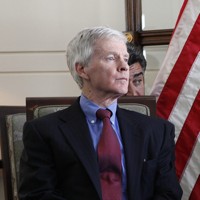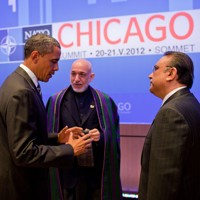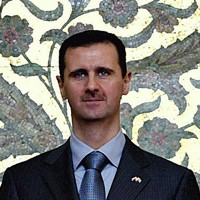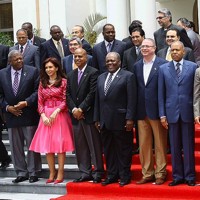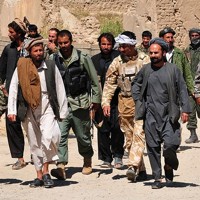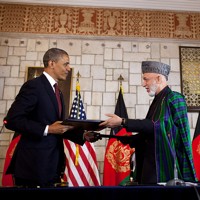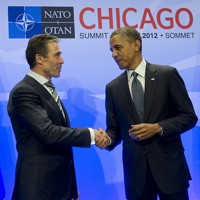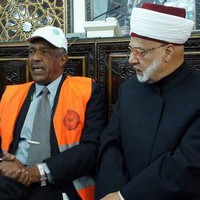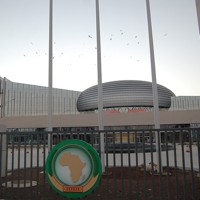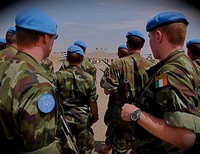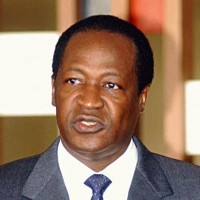
RUBAVU COUNTY, Rwanda — Like most of those seeking refuge at the Nkamira Transit Center, Queen Maombi has a harrowing tale of escape from her native Democratic Republic of Congo. Maombi, 34, is one of nearly 9,000 Congolese that have overwhelmed this temporary camp since April, when a fresh wave of violence hit eastern Congo’s long restive North Kivu province. Like Maombi, nearly all of the new arrivals are Congolese by birth but ethnically Rwandan — a distinction that effectively branded them enemies of the state following a mutiny against the Congolese army by soldiers loyal to Gen. Bosco Ntaganda, […]

